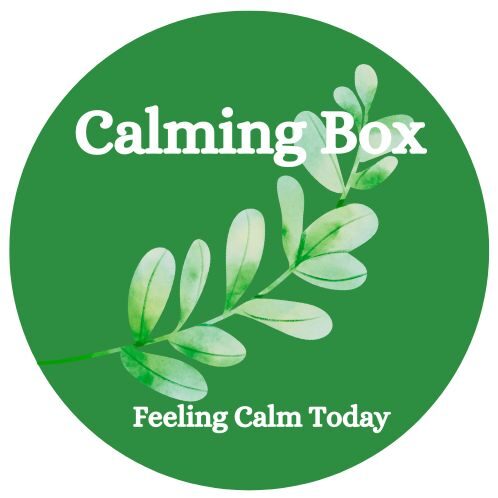Alcohol is portrayed in popular culture and advertising as a way for people to have fun, relax, and connect with others. These portrayals can be found in various forms of media, such as movies, television shows, commercials, and social media.
Here are reasons why alcohol is depicted this way:
Marketing and Advertising: Alcohol companies spend significant amounts of money on marketing and advertising their products. They use imagery and messages that associate their products with positive experiences, socializing, and relaxation. This creates an impression that drinking alcohol is a way to have fun and unwind. And mostly without consequences except the next day feeling hungover.
Social Norms: In many societies, alcohol is an integral part of social gatherings and celebrations. It’s seen as a way to lower inhibitions, enhance social interactions, and create a sense of camaraderie. This social acceptance of alcohol can reinforce its portrayal as a means to connect with others.
Entertainment Industry: Movies, TV shows, and other forms of entertainment depict characters enjoying alcohol as part of their social lives. This influences your perceptions and contributes to the idea that drinking is associated with acceptance and relaxation.
Peer Pressure: In social settings, there is peer pressure to conform to the drinking habits of one’s friends or peers. This pressure makes you feel you need to consume alcohol to fit in or have a good time.
Is alcohol working for you to maintain sustainable calm and peace?
While these portrayals of alcohol can be appealing and reflect certain aspects of social life, it’s essential to recognize that alcohol consumption has risks and negative consequences.
Excessive drinking leads to health problems, addiction, impaired judgment, accidents, and strained relationships.
Additionally, not everyone enjoys or benefits from drinking alcohol, and there are alternative ways to have fun, relax, and connect with others without alcohol.
Over time, drinking alcohol becomes a habitual behavior. People associate certain activities or times of day with drinking, making it challenging to break these routines.
It’s important for you to make informed decisions about alcohol consumption based on
health considerations physically and emotionally. Feeling anxious? Depressed? Hopeless?
Remain curious about your compulsion to urge others to drink too. Ask why you would be concerned whether someone chooses to remain free from alcohol.
Most people end up feeling depressed, once the effects wear off, and slide into a depressed state. You are likely to drink again to keep chasing the false feelings that your glass of wine, beer, or cocktail provides you temporarily.
Build your sustainable calming box, so you do not have to rely on outside substances, to feel better. Challenge yourself to shift a pattern and grow into your own healthy platform of calm and peace. It will provide freedom and comfort that lasts a lifetime.

